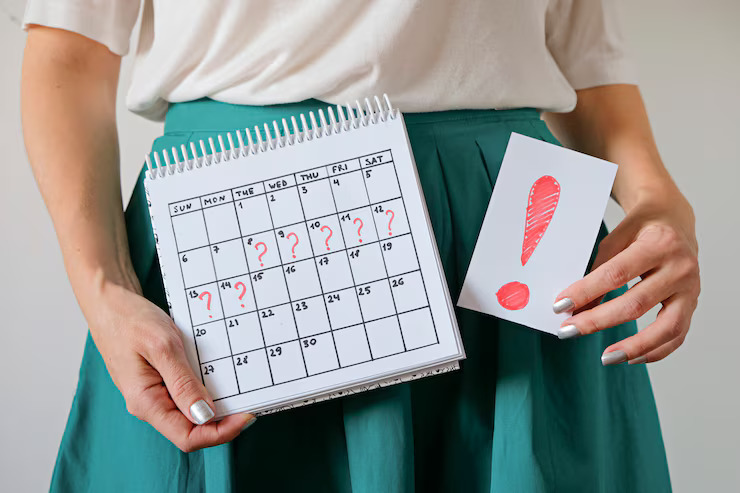
By IRM
Irregular Periods: 8 Home Remedies That Might Help
Menstruation is the most essential and, again, the most neglected aspect of a woman’s life. Discussing irregular periods makes women feel conscious and uncomfortable, but if you
